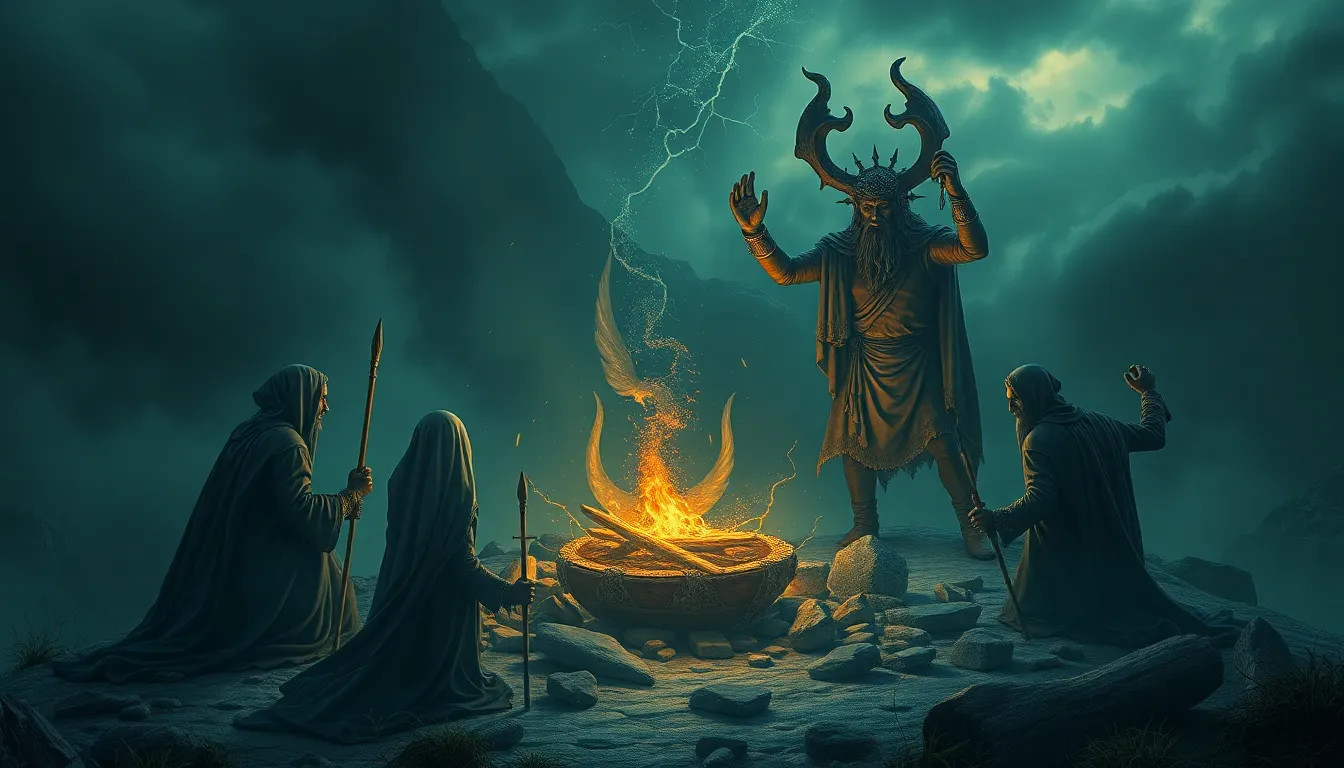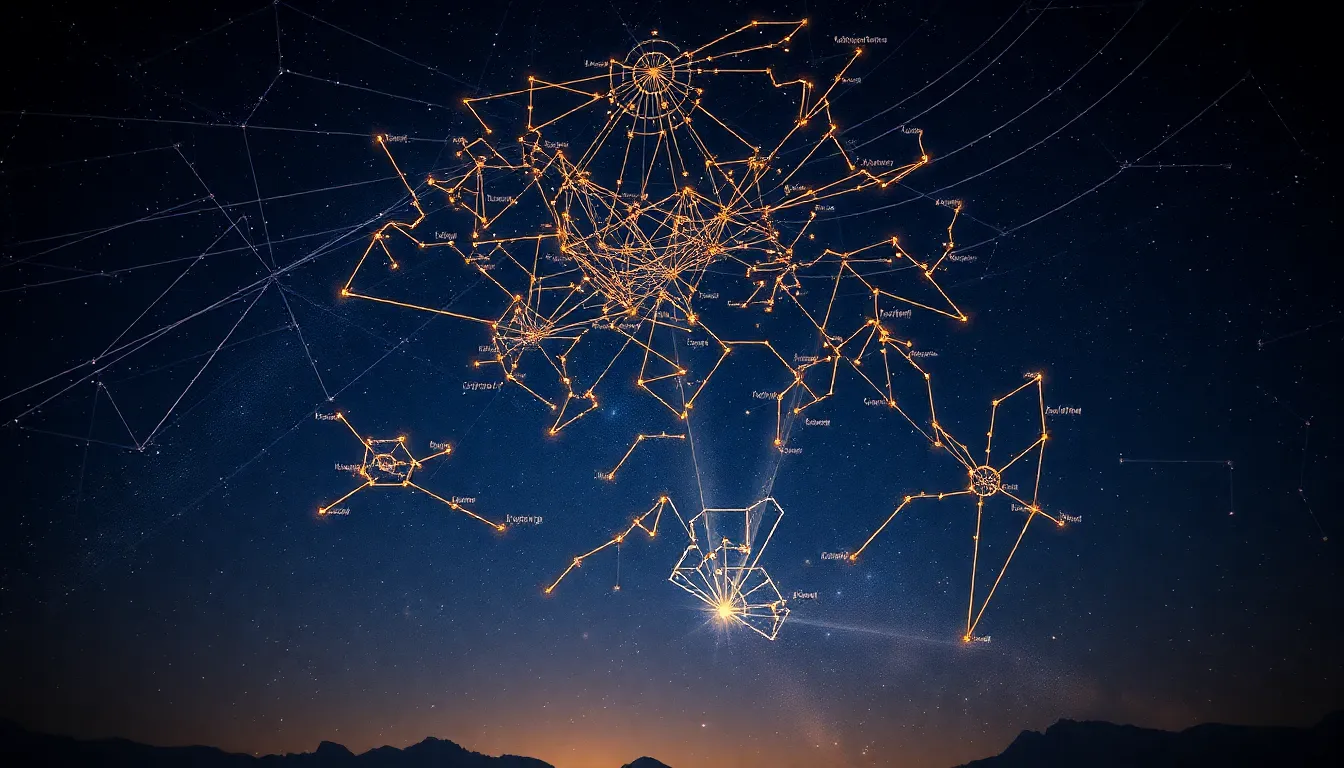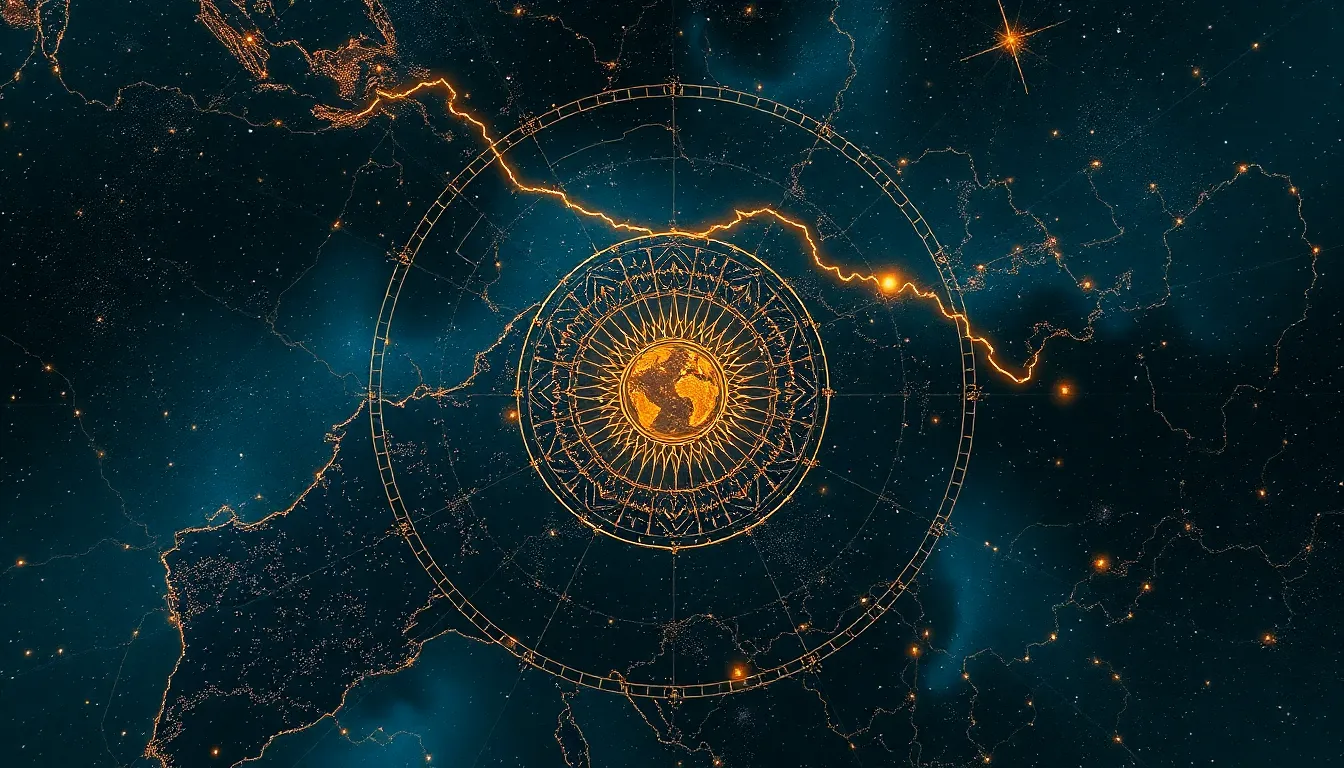1. Introduction
Reflection, a multifaceted concept that encapsulates the mirroring of images and the contemplation of thoughts, holds profound significance within the realm of Finnish mythology. Throughout ancient tales and folklore, it manifests as a potent symbol with interwoven meanings, illuminating various aspects of human nature, the boundaries between realms, and the transformative power of introspection. By delving into the symbolism of reflection in Finnish mythology, we embark on a journey to unravel its multifaceted facets.
2. The Concept of Reflection in Finnish Mythology
Within the fabric of Finnish mythology, reflection transcends its literal manifestation as the mirroring of an image and assumes a symbolic significance that weaves throughout the tapestry of ancient narratives. It epitomizes the duality of perception, mirroring both the external world of physical existence and the internal realm of consciousness. This duality extends to encompass the concepts of memory and identity, as reflection enables individuals to confront their past actions and introspectively ponder their evolving sense of self.
3. Mirror as a Symbol of Memory and Identity
In Finnish mythology, mirrors serve as potent symbols of memory and the fluidity of identity. They possess the enigmatic ability to capture and preserve cherished moments, reflecting not only physical appearances but also the imprints of lived experiences that shape one's being. Through the gaze of a mirror, individuals delve into the depths of their memories, unearthing forgotten moments and excavating the formative events that have molded their present selves. Furthermore, mirrors act as catalysts for reflection and introspection, inviting individuals to confront their inner truths and embrace the evolving nature of their own identity.
4. Water as a Medium of Transformation and Renewal
Water holds a central place within Finnish mythology, symbolizing not only the fluidity of life but also the transformative power of reflection. As a mirror-like medium, water reflects the ever-changing nature of existence, inviting individuals to embrace the impermanence of all things. Through immersion in watery depths, both physical and metaphorical, Finnish mythology portrays the process of purification and renewal, mirroring the shedding of past burdens and the emergence of a revitalized self. The transformative power of water extends to the realm of consciousness, fostering reflection and introspection as individuals seek to fathom the complexities of their own existence.
5. The Dual Nature of Reflection: Truth and Illusion
Reflection within Finnish mythology embodies a paradoxical duality, mirroring both truth and illusion. While it provides a glimpse into the depths of self and the nature of existence, it also holds the potential to deceive and entrap. Mirrors, with their ability to invert and distort images, symbolize the malleability of perception and the fallibility of human understanding. Finnish mythology cautions against solely relying on the reflections we perceive, urging individuals to seek a deeper, more multifaceted understanding of truth, transcending surface-level illusions.
6. The Threshold Between Worlds: Reflection as a Gateway
Within Finnish mythology, reflection serves as a threshold between realms, blurring the boundaries between the physical world and otherworldly dimensions. Water, in its mirror-like capacity, embodies this liminal space, acting as a gateway through which individuals can traverse into alternative realms of existence. Through reflections, characters embark on journeys to the underworld, communicate with spirits, and gain access to hidden knowledge. This fluidity between worlds underscores the interplay of realms within Finnish mythology, emphasizing the interconnectedness of all existence.
7. Reflected Images and the Supernatural
Reflection holds a deep connection to the supernatural realm in Finnish mythology. Reflected images are often imbued with otherworldly properties, mirroring beings from beyond the mortal realm. Through reflection, individuals encounter supernatural creatures, such as mermaids, spirits, and deities, who may offer guidance, bestow blessings, or pose challenges. These encounters serve to bridge the gap between the human and divine worlds, highlighting the interwoven nature of existence and the ever-present influence of the supernatural.
8. Reflection as a Source of Wisdom and Guidance
In Finnish mythology, reflection is not solely confined to providing a glimpse into one's own past or serving as a gateway to other realms; it also functions as a source of wisdom and guidance. By contemplating their reflections, individuals gain insight into their inner selves and the complexities of the world around them. Reflections offer moments of profound contemplation, leading to the uncovering of hidden truths and the forging of a deeper connection with one's destiny. The wisdom gained through reflection empowers individuals to navigate the challenges of life and make informed decisions.
9. The Role of Reflection in Finnish Epic Poetry and Legends
Reflection permeates the fabric of Finnish epic poetry and legends, serving as a recurring motif that enriches the narratives. In the epic poem "Kalevala," the hero Väinämöinen uses a magical mirror to gaze upon the future and glimpse the destiny of his people. Reflections play a pivotal role in shaping the plot, revealing secrets and foreshadowing upcoming events. Legends recount the tales of individuals who venture into the depths of lakes or gaze into enchanted mirrors, encountering supernatural beings and embarking on extraordinary quests.
10. Conclusion
The symbolism of reflection in Finnish mythology weaves a rich tapestry of meaning, exploring the depths of identity, the fluidity of existence, and the interconnectedness of realms. It embodies the duality of truth and illusion, mirrors the transformative power of introspection, and grants passage to otherworldly dimensions. Reflections serve as gateways to wisdom and guidance, revealing hidden truths and shaping the destinies of individuals. Through the lens of Finnish mythology, reflection transcends its literal manifestation, emerging as a potent symbol that invites us to contemplate the profound depths of existence.
FAQs
- What is the significance of mirrors in Finnish mythology?
Mirrors symbolize memory, identity, and the fluidity of perception. They reflect not only physical appearances but also the imprints of lived experiences.
- How does water relate to reflection in Finnish mythology?
Water acts as a medium of transformation and renewal, mirroring the process of purification and rebirth. It also serves as a gateway between realms, bridging the physical world with otherworldly dimensions.
- What is the paradoxical nature of reflection in Finnish mythology?
Reflection embodies both truth and illusion, offering glimpses into reality while also holding the potential to deceive. It invites individuals to seek a multifaceted understanding of truth, transcending surface-level perceptions.
- How is reflection depicted in Finnish epic poetry and legends?
Reflection is a recurring motif in Finnish epic poetry and legends, revealing secrets, foreshadowing events, and providing guidance to heroes. Characters encounter supernatural beings and embark on extraordinary quests through reflections.



